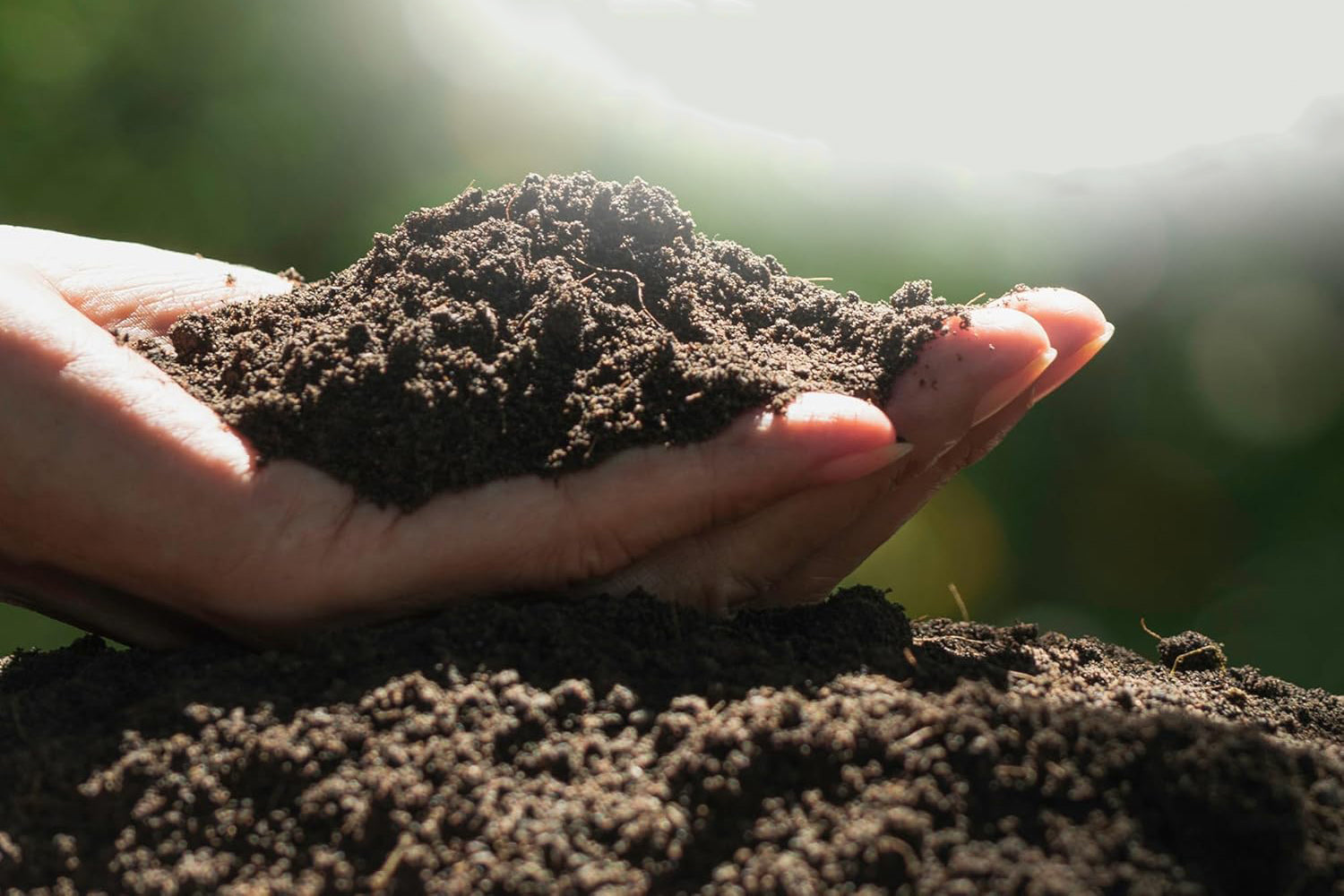Biochar Kilns: Cold Rolled Steel VS Stainless Steel.
- 4 min reading time
Biochar Station is constantly working on improving the quality of our products, that ensures their longevity for long term use and less damage after each use. Choosing the correct steel for our biochar kilns, is one of the ways we can work on improving our products. This article aims to look at the different biochar kilns we offer, the materials we use to make them, the advantages and disadvantages faced with both materials as well as our reasoning for offering biochar kilns made from both materials as a purchase option.
1. Biochar Kilns: Stainless steel.
Stainless steel is an alloy, metallic compound made from the combination of regular steel with elements like chromium, nickel and molybdenum formed by combining, heating, and rolling into sheets. The heating process is done at high temperatures above the steel’s recrystallization temperature. This way it is easier for the steel to be shaped and formed (Mead metals, 2023).
1.1. Advantages & Disadvantages.
Stainless steel is:
• Tough,
• Lightweight,
• Durable,
• Easier to weld,
• Easy to heat up and corrosion resistant (ATS Techno, 2023).
Stainless steel can be:
• Expensive,
• Subjected to market change fluctuations,
• Of different grade variations,
• Can shrink in size after cooling,
• Resource intensive,
• Disfigured after heating and cooling (ATS Techno, 2023).
2. Biochar Kilns: Cold Rolled steel.
Cold Rolled steel in not actually a kind of steel or alloy like Stainless steel, but rather a process hot rolled steel goes through after it has cooled at room temperature by applying pressure using power rollers to compress the steel. Cold rolling is a steel hardening and strengthening process that changes the structure of metals, which can only occur at temperatures below its recrystallization temperature. In simple terms, cold rolling is the process of strengthening steel by changing its shape without using heat, but rather by squeezing it under high pressures (Chesterfield steel, 2024).
2.1. Advantages & Disadvantages.
Cold Rolled steel:
• Improves denseness,
• Increases strength,
• Hardens the steel,
• Improves corrosion resistance,
• Provides a better surface finish,
• Produces various levels of hardness,
• Holds tighter dimensional tolerance,
• Can be shaped precisely for specific applications,
• Metals can be bent without breaking,
• Increase resistance against deformation at high temperatures (Mead metals, 2023).
Cold Rolled steel:
• Can be labour intensive to produce,
• Is no longer hot and easily malleable,
• Needs a lot of pressure to manipulate steel,
• Holds market fluctuation variation in prices based on types of steel and quantities produced (Ulbrich, 2024).
3. Biochar Station’s Biochar Kilns.
At Biochar Station we offer both Cold Rolled steel and Stainless steel biochar kilns. We believe that our customers should have the choice of purchasing the products that fits and satisfies their needs best.
4. Conclusion.
In conclusion it is clear to see that both Cold Rolled steel and Stainless steel have varying degrees of advantages and disadvantages to consider when producing and purchasing products that best fit individual specifications and needs. Being educated in this regard can be very beneficial during the decision-making process. Biochar Station, therefore offers both education and purchase options through our blogs and product variation. We aim to provide a platform where our customers are empowered to make their own choices, though can still consult with us for any additional information.



